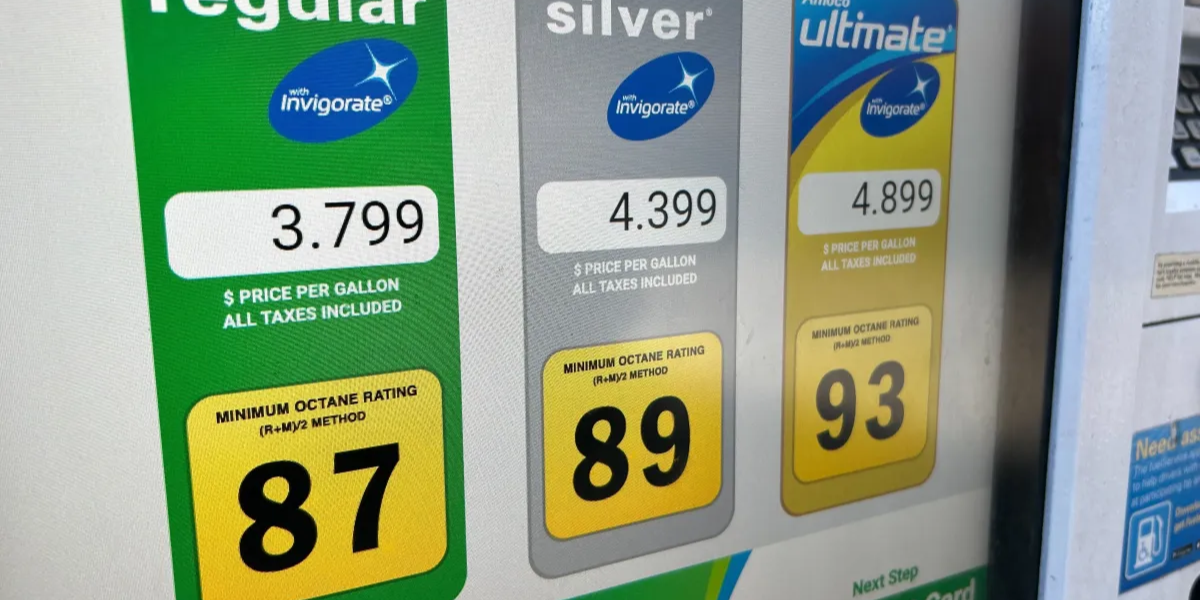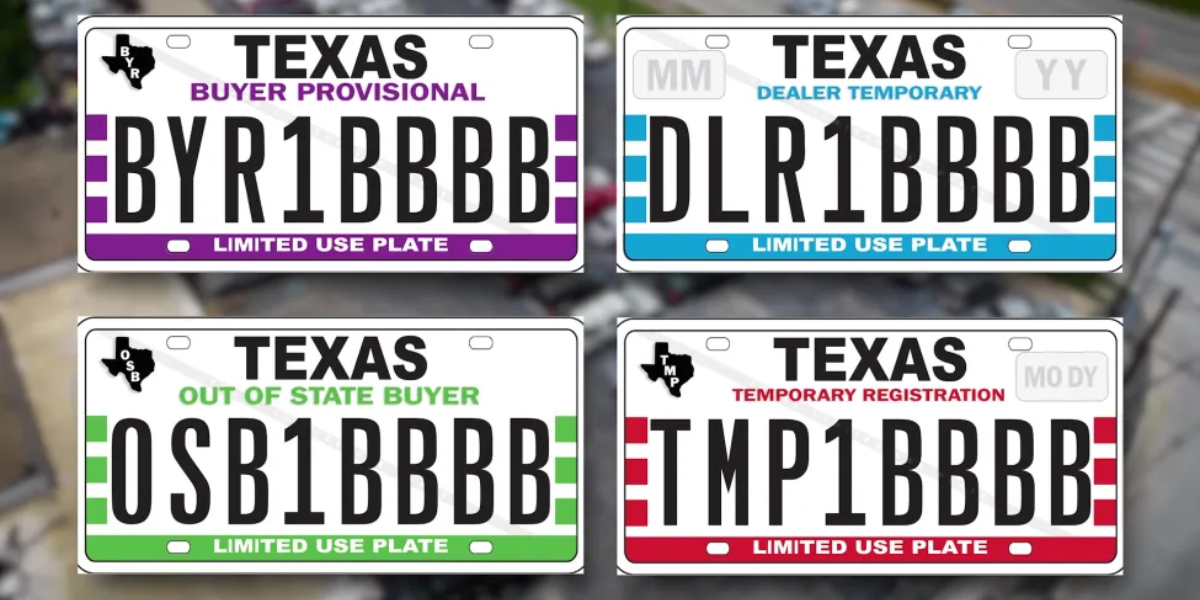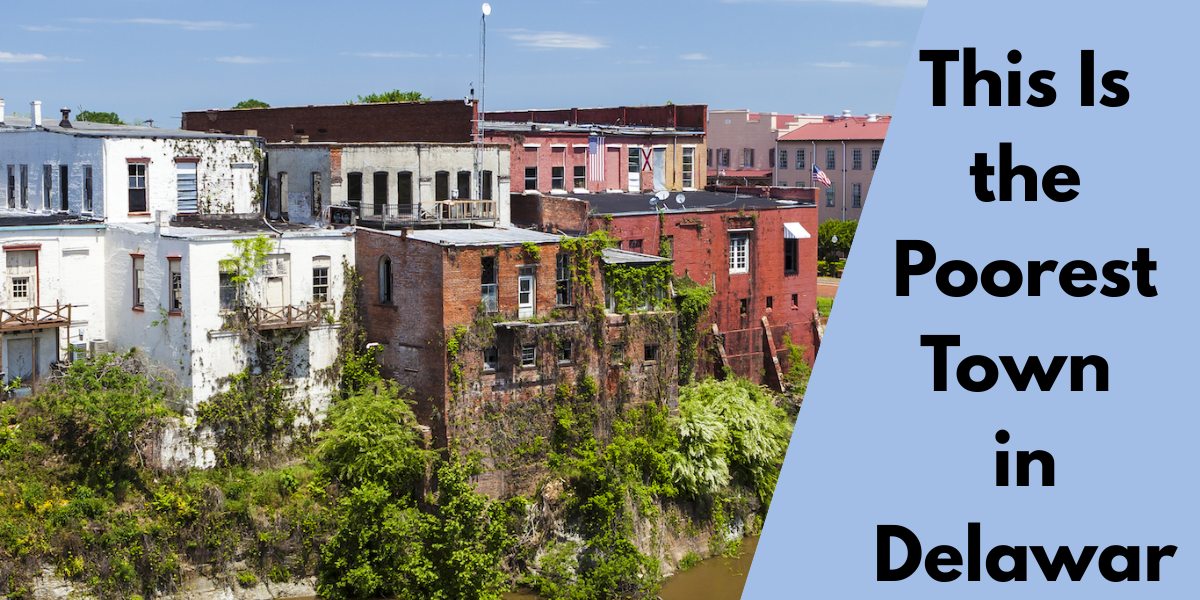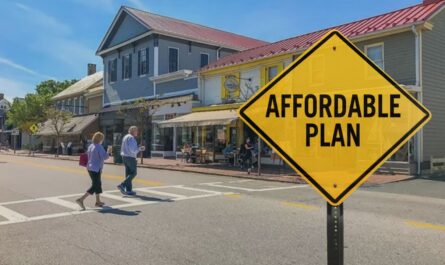A plethora of new taxes and rules for the year 2025 were implemented in the state of Illinois overnight, when the calendar switched to the first of July.
There are a number of modifications and additional taxes that will result in an increase in the prices of some items in the state. These items include gasoline, cigarettes and other tobacco goods, as well as short-term rentals such as Airbnb.
In addition, the minimum wage will be raised, but only in the city of Chicago. During the beginning of the year, the minimum wage in the state of Illinois was raised.
The following is a rundown of the new legislation and taxes that went into effect on Tuesday, along with an explanation of how they will affect you.
An hike in the gas tax in Illinois: how much will the price of gas be now?
As a result of the increase in the gas tax in Illinois, you will have to pay extra at the pump.
In order to assist in determining the amount by which its portion of the state’s fuel taxes increases on July 1st, the state of Illinois makes use of the Consumer Price Index, which is a metric that is calculated by the federal government to estimate how inflation is affecting prices in the economy of the United States.
The tax is scheduled to increase by approximately 2.69% this year, which will result in an increase of 1.3 cents per gallon compared to the previous year’s rate. According to the budget for the state’s fiscal year 2026, this will result in an increase in the state’s gasoline tax to $0.483 a gallon.
According to the officials of the state, the tax on diesel fuel will also increase to a rate of $0.558 per gallon.
On the other hand, these tax rates do not take into account other charges, such as sales taxes, excise taxes, federal gasoline taxes, and other fees that wholesalers impose on fuel. According to the findings of research conducted by the Tax Foundation, Illinois has one of the highest fuel tax rates in the country when these factors are taken into consideration.
What is the current minimum wage in Chicago and Illinois? Check out the Chicago minimum wage.
Despite the fact that the minimum wage statewide Illinois increased from $14 to $15 per hour on January 1, the minimum wage for businesses in the city of Chicago is not implemented until July 1 of each year.
A minimum wage of $16.20 per hour was in effect for businesses with four or more employees in the city prior to July 1. The hourly rate for workers who were compensated with tips was $11.02 per hour.
An law passed by the city mandates that the minimum wage must be raised on a yearly basis at a rate that is either equal to or lower than the Consumer Price Index (CPI) or at a rate of 2.5%.
According to the office of Business Affairs and Consumer Protections in the city of Chicago, this implies that the minimum wage in Chicago climbed to $16.60 per hour on July 1st, while the wage for employees who receive tips increased to $12.62 per hour.
A new law that will affect hotels in Illinois
In accordance with the “Small Single-Use Plastic Bottle Act” of the state of Illinois, hotels in the state that have fifty or more rooms will be barred from supplying items such as shampoo or body wash in small plastic bottles that are designed for single individual use.
On January 1, 2026, the requirement will be implemented at all other hotels in the state, as a result of the passage of the bill by state officials to limit the amount of waste produced by plastic.
Sen. Laura Fine of the state of California issued a statement in which she stated that “according to researchers, by the year 2050, plastic could outweigh all fish in the oceans.” Personal care items that are packaged in plastic bottles are frequently seen in hotels. Once they are discarded, these bottles present an urgent threat to the world’s ecology. As a result of this bill, our state will be able to contribute to the solution by lowering the amount of pollution caused by plastic.
Increasing taxes on cigarettes, taxes on Airbnb, and other taxes
The most important measures that will go into effect on July 1 in Illinois are those that pertain to the budget of the state, which means that significant hikes in tax rates will be implemented.
Beginning on July 1, the state will begin levying a tax of $0.25 for each and every sports wager that is placed. According to the officials, the levy would increase to $0.50 per wager once there have been 20 million wagers placed.
In the past, short-term rental property websites such as Airbnb and Vrbo were excused from paying the state’s Hotel Operators’ Occupation Tax; however, this tax will now be required to be paid by their tenants. According to the Illinois Department of Revenue, the amount of this tax is equal to 6% of 94% of the gross receipts brought in by a rental unit.
Tobacco items, such as cigarettes, will now be subject to a tax rate that is 45% of their wholesale price, which is an increase from the previous rate of 36%. According to the budget of the state, the same amount of taxation will also be applied to certain products, such as nicotine gum and vape pens with nicotine.


 by
by 

